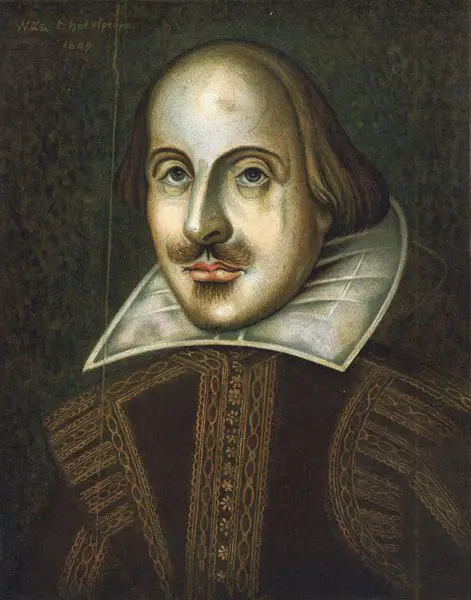The question of understanding being and relationship with consciousness determines the solution of the fundamental question of philosophy. For consideration of this question let us turn to the history of the development of philosophy.
Being is a philosophical category denoting reality, which exists objectively, independently of man’s consciousness, will and emotions. The problem of interpreting life and its relationship with consciousness is at the center of the philosophical worldview.
Being for a person something external, predestined, being imposes certain restrictions on his activity, makes him measure his actions with him. However, being is the source and condition of all forms of human activity. Being represents not only the framework, boundaries of activity, but also the object of human creativity, constantly changing being, the sphere of possibilities, which man in his activity turns into reality.
The interpretation of being has undergone a complex development. Its common feature is the confrontation of the materialist and idealistic approaches. The first one interprets the foundations of being as material, the second – as ideal.
 Shakespeare entered the new 17th century as a mature and famous artist. Began the last decade of his work. The artist expresses with great force the thoughts and moods of the progressive people of his time, he creates a cycle of his great tragedies.
Shakespeare entered the new 17th century as a mature and famous artist. Began the last decade of his work. The artist expresses with great force the thoughts and moods of the progressive people of his time, he creates a cycle of his great tragedies.

